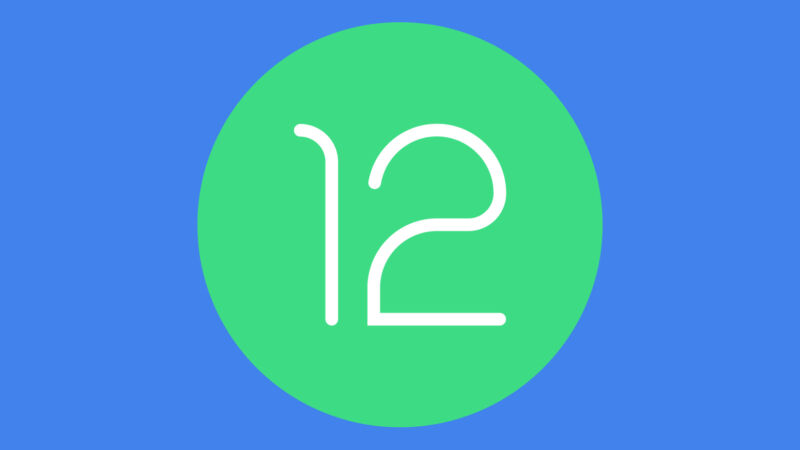Google announces the Android 12 Developer Preview

Enlarge / This green circle (we added the background) is the Android 12 logo, I guess.
Google is launching the first developer preview of Android 12 on Thursday. This is the beginning of a seven-month beta process that should end with a final release sometime around September. System images will be out today for the Pixel line (if these links are broken, check back later). Support is being cut for the Pixel 2 this year; for phones, the preview will only work for the Pixel 3/3a and up. There's also an "Android 12 preview for Android TV" available for the ADT-3 Developer Kit, which is interesting because commercial Android TV devices, like the "Google Chromecast with Google TV," still run Android 10.
So what's new? It's hard to take a full audit now since we're only working from a blog post with zero pictures and no documentation to read yet, but Google outlines a few interesting features. First, Google says it is "refreshing notification designs to make them more modern, easier to use, and more functional," which probably applies to the earlier leaks that already hit the Internet. The company also says it is "optimizing transitions and animations across the system to make them more smooth," which is something we'll investigate once we get some actual code.
On the performance side of things, ART, the Android RunTime engine that powers all the non-game apps on Android, is now officially updatable via the Play Store, whereas it previously needed a whole system update to be changed. ART is now a Project Mainline module, Google's new system for shipping core system code through the Play Store. Google has been taking baby steps toward making ART a Mainline module in previous years—ART has been packaged as a Mainline module on Pixel phones since Android 10 but has never been updated. For Android 12, Google says it will be shipping ART updates that can "improve runtime performance and correctness, manage memory more efficiently, and make Kotlin operations faster—all without requiring a full system update." Android's Binder IPC (InterProcess Communication) calls are getting an optimization pass, too, which Google says should reduce "system variability" and "has yielded roughly a 2x performance increase on Binder calls overall."
Read 3 remaining paragraphs | Comments
from Tech – Ars Technica https://ift.tt/3dmXXDy
Comments
Post a Comment